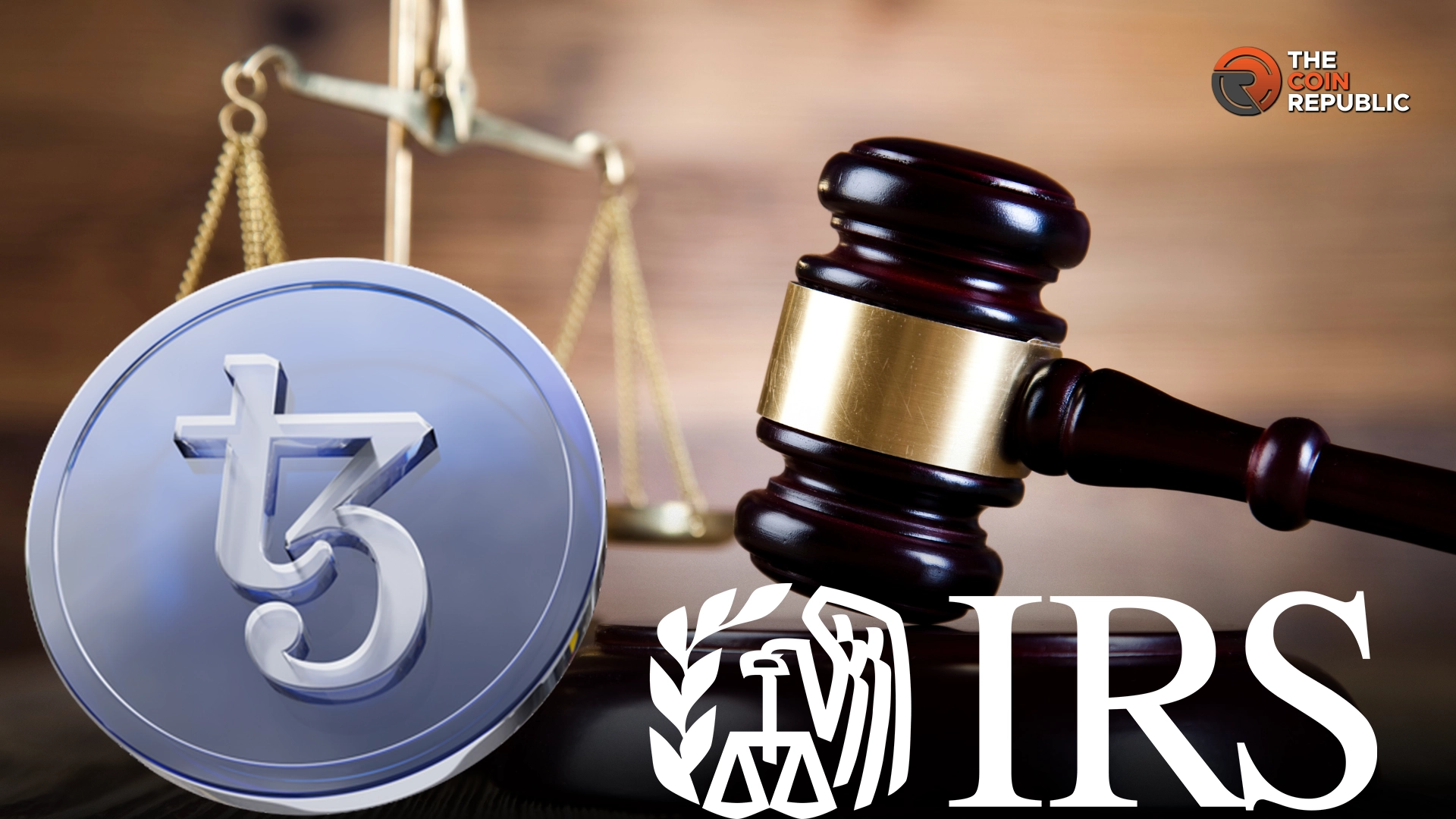Josh Jarrett, a Tezos validator node operator, filed a lawsuit against the IRS, challenging its tax treatment for staking rewards. He argues that under current law, token rewards should not be counted as income until they are actually sold, not when they are created.
He is seeking the return of $12,179 in taxes paid on 13,000 Tezos. He purchased them in 2020 and is backed by cryptocurrency research nonprofit Coin Center.
According to Josh’s earlier tweets, he said he had spent almost two years pressing his argument on the same matter. In his argument, he stated that the law on newly created property was clear. The IRS hasn’t been clear and that is why he sued. The tweet read,
“I shouldn’t be taxed when I create new tokens through staking. The law on newly created property is clear, but the IRS hasn’t been… and that’s why I sued. Here is my statement on my case.’’
– Advertisement –
Tezos Validator files Second Lawsuit Against the IRS
This is the second lawsuit the Tezos validator has filed against the IRS related to staking rewards taxation. In 2021, he sued the IRS over his 2019 tax bills. The said the rewards from staking should not be treated as income until they are sold.
The IRS gave Josh a $4000 refund but did not address the core issue, and the case was dismissed earlier this year. Jarrett refused the refund and requested a definitive court ruling to determine future tax obligations for staking rewards.
In his new lawsuit, he is trying to get the IRS to refund him his 2020 staking rewards while forcing the IRS to issue him an injunction that would prohibit the IRS from applying the same tax treatment in the future.
“Taxing staking rewards as income the moment they’re created creates unnecessary complexity and over-taxation for individuals like me who engage in staking,”
The Tezos validator stated, emphasizing the need for clarity.
Seeking Legal Clarity and Refund
Jarrett’s latest lawsuit demands the refund of taxes paid on his 2020 staking rewards and an injunction against future taxation on unsold staking rewards. According to him, the IRS has not fully resolved the core problem in his earlier case, thus leaving him with tax liabilities that may arise again in future years.
Coin Center, a nonprofit focused on cryptocurrency policy research supports Jarrett’s case, which will set a significant precedent. It will determine how staking rewards are taxed for many other users involved in blockchain validation and staking.
In his post on X, Jarrett said he would closely follow the case and update the community on any new developments.











